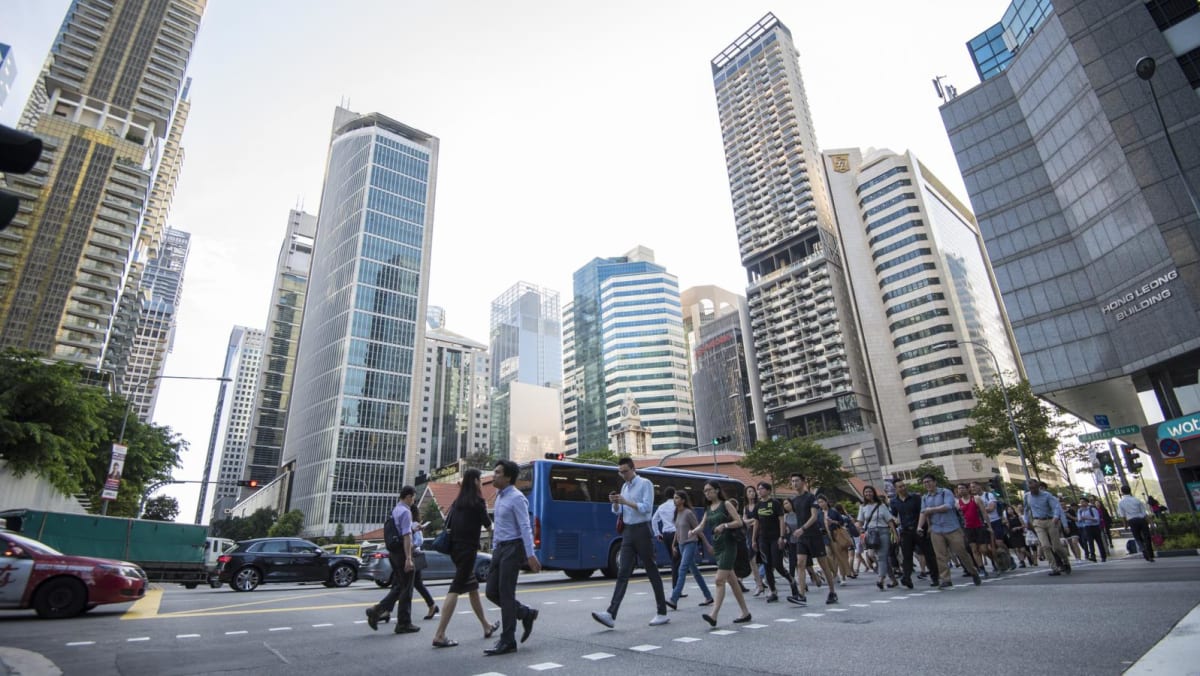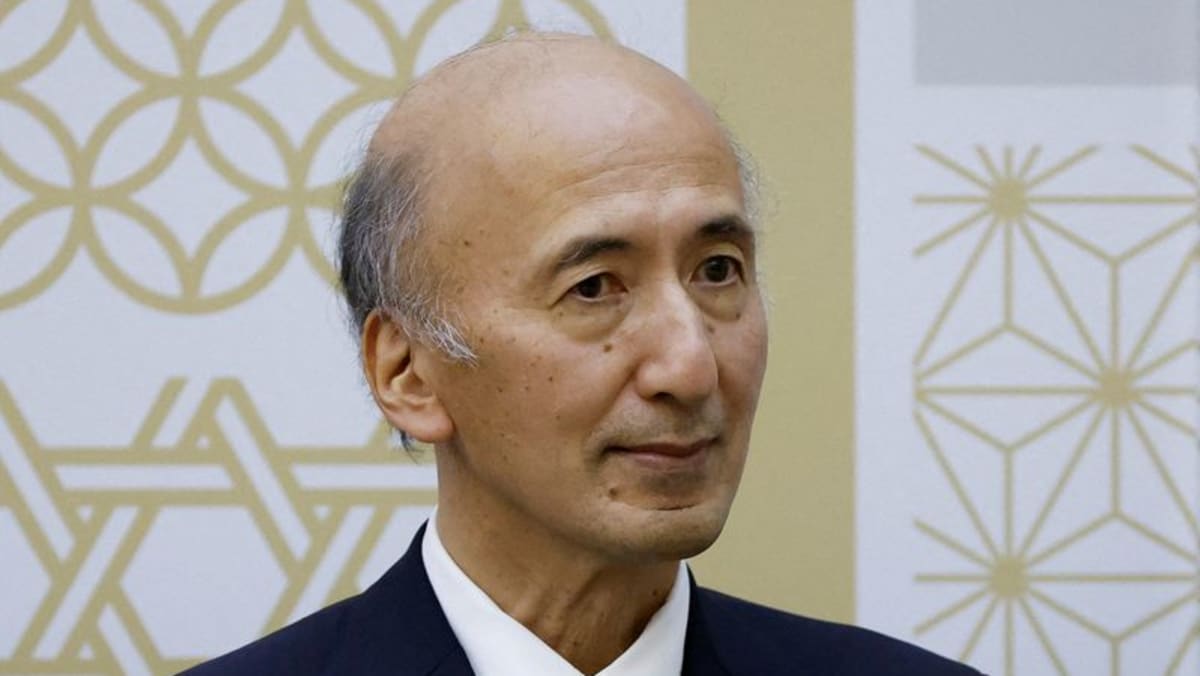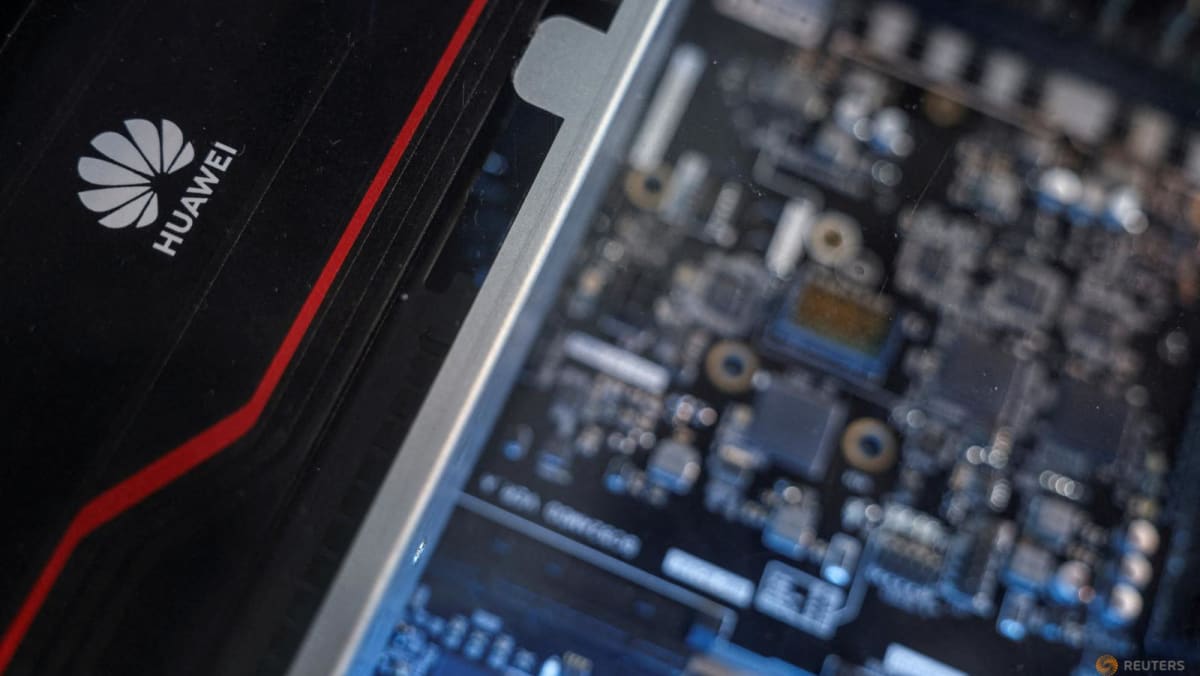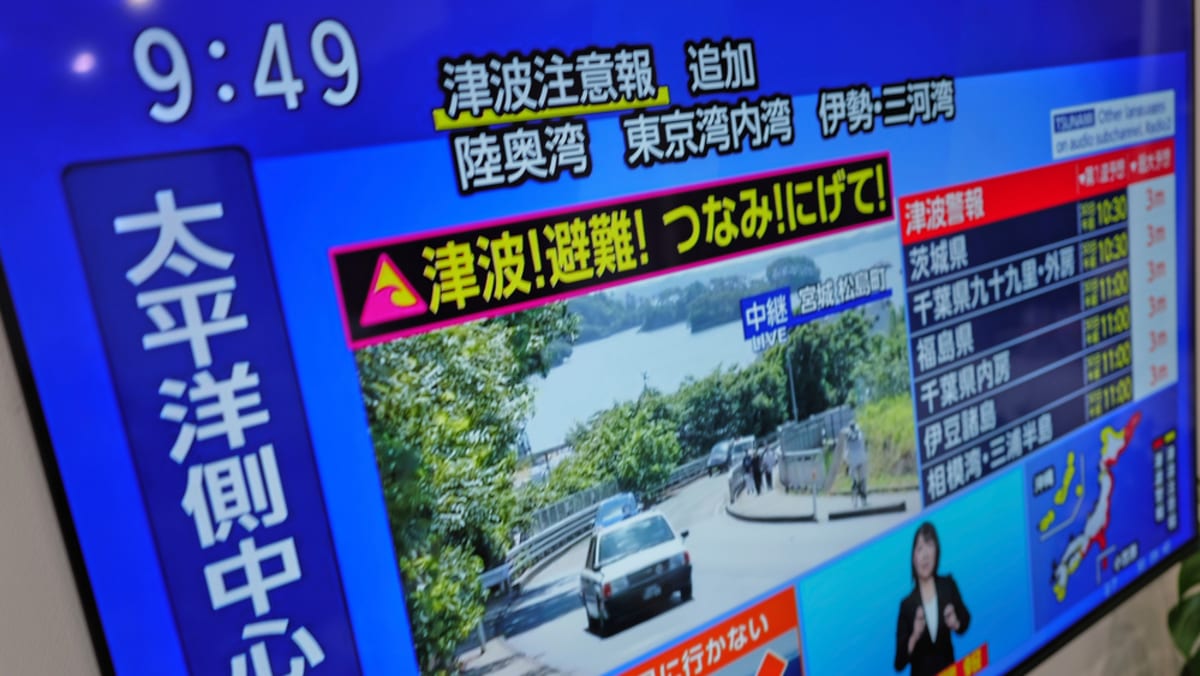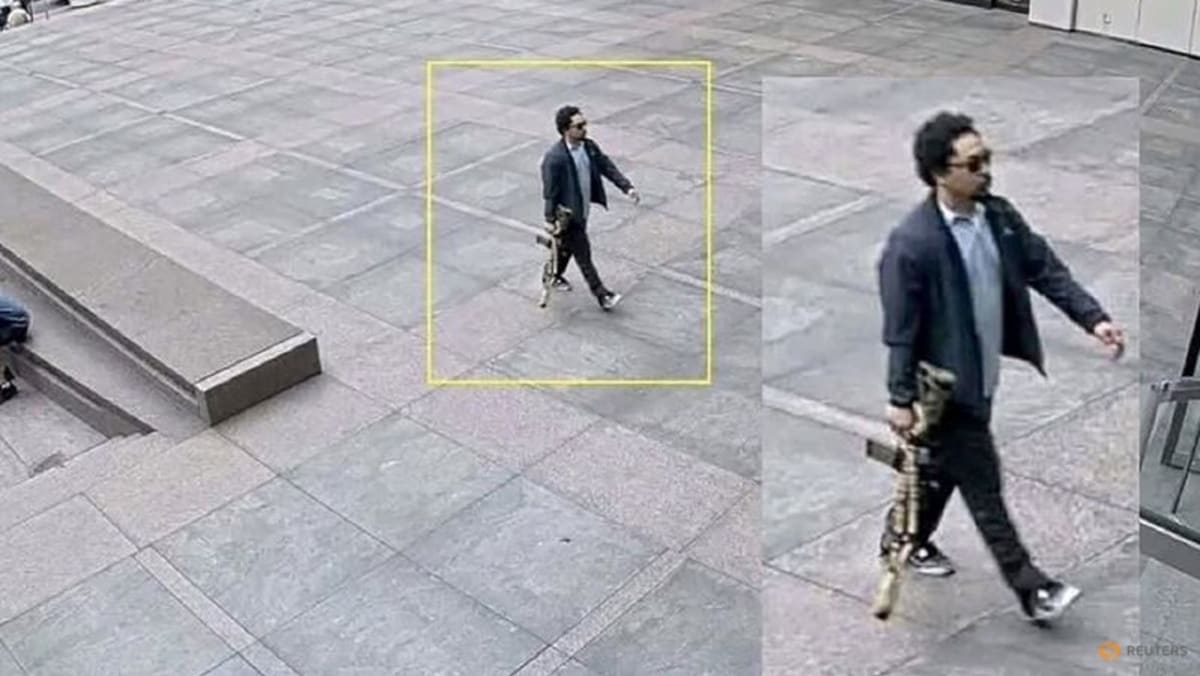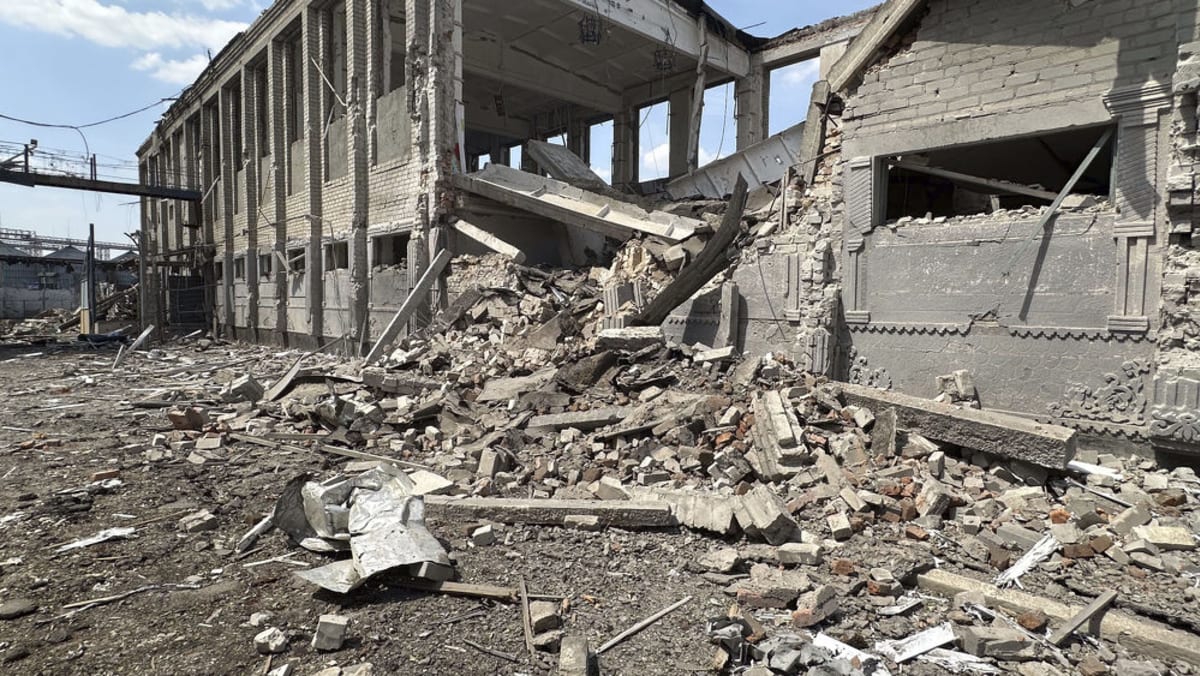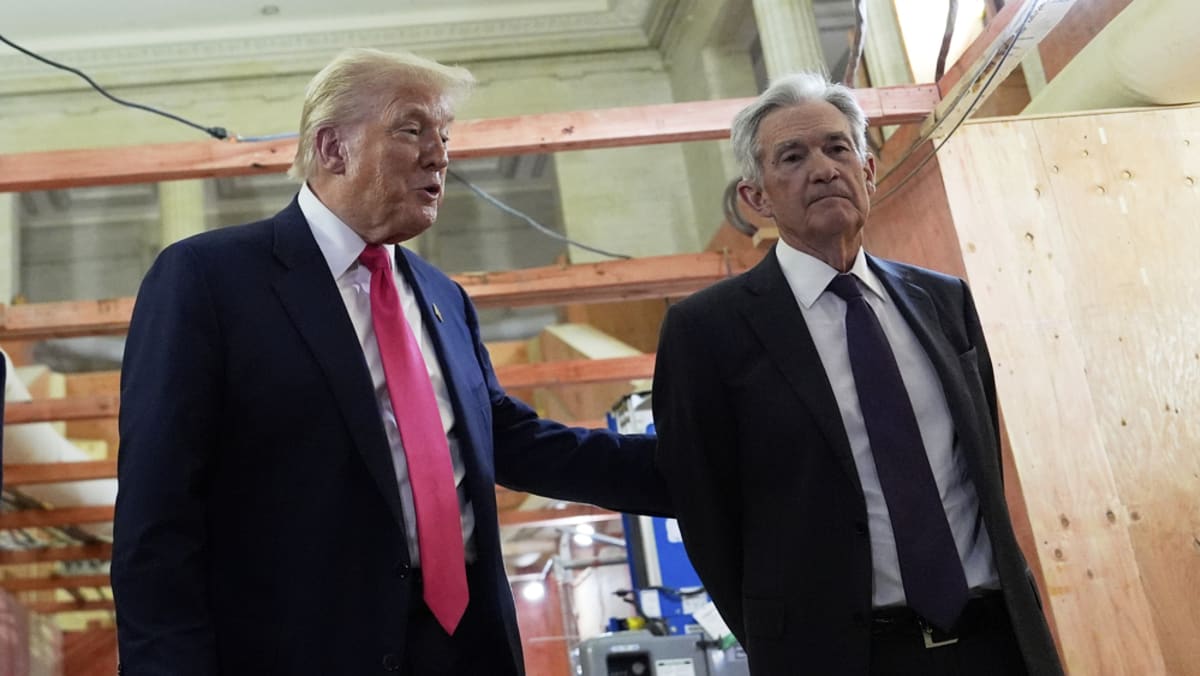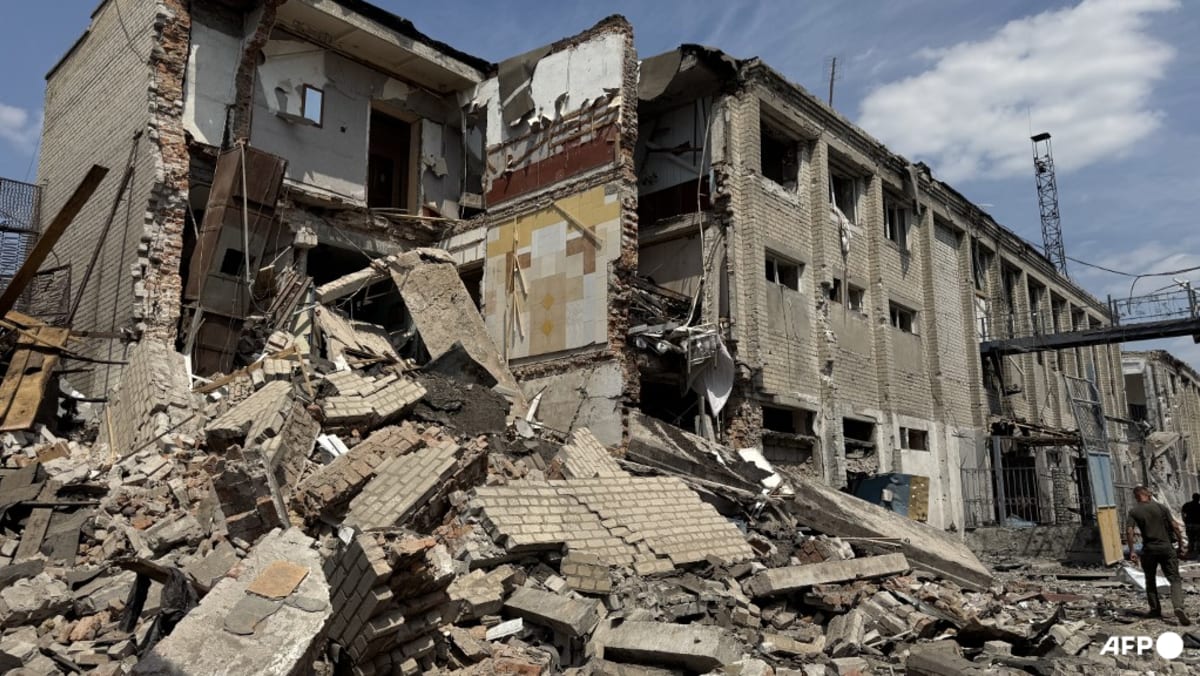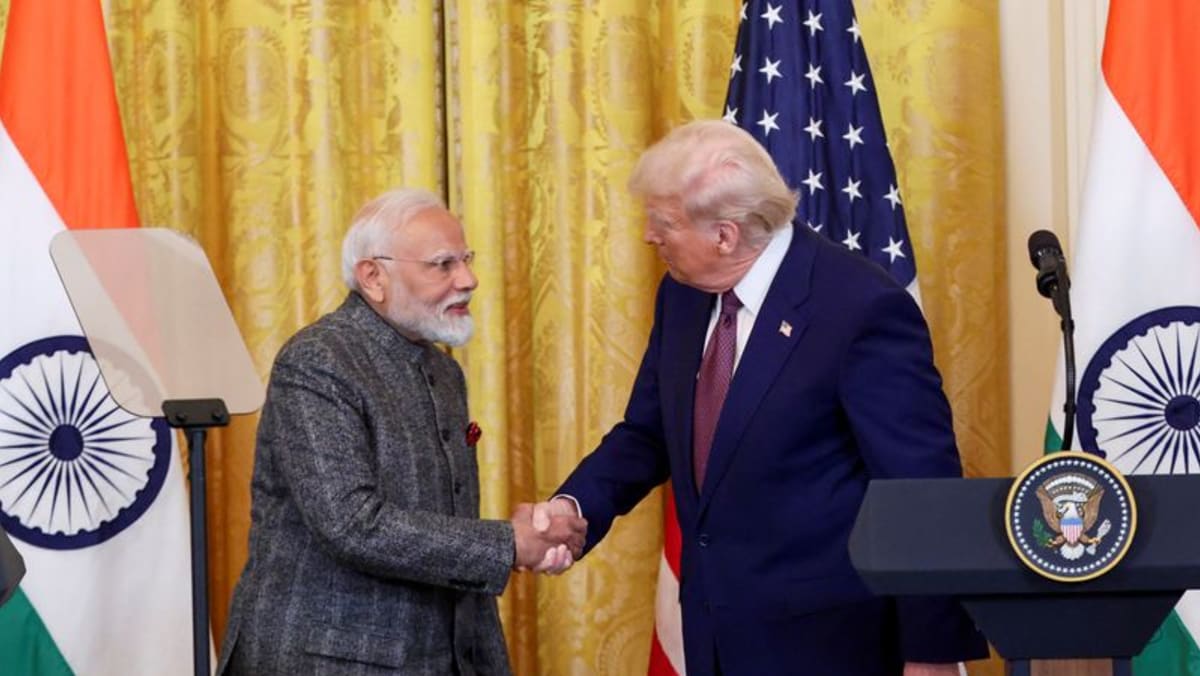SINGAPORE: The United States’ Department of Commerce on Tuesday (May 13) issued new guidelines which state that the use of Huawei’s Ascend AI chips “anywhere in the world” violates the country’s export controls.
The department’s Bureau of Industry and Security also warned of the “potential consequences” of allowing US AI chips to be used for training Chinese AI models.
The training process for AI models involves providing them with data to learn patterns, while inference is when the trained models apply that knowledge to new data and make predictions or generate outputs.
US companies will be guided how to protect supply chains against diversion tactics in a bid to strengthen export controls for overseas AI chips, the bureau said.
These actions “ensure that the United States will remain at the forefront of AI innovation and maintain global AI dominance”, it added.
Huawei’s Ascend 910B is viewed as the most advanced AI chip available from a Chinese company. But sources said in October last year that China-based chip designer Sophgo had ordered chips from TSMC that matched the one found on Huawei’s Ascend 910B, prompting the suspension of shipments.
In April, Nvidia said it would take US$5.5 billion in charges after the US government limited exports of its H20 artificial intelligence chip to China, a key market for one of its most popular chips.
The US, however, rescinded further export controls on Tuesday on advanced computing semiconductors, answering calls by countries that said they were being shut out from crucial technology needed to develop artificial intelligence.
The so-called “AI diffusion rule”, set to take effect on Wednesday, was part of a series of actions taken by then-President Joe Biden just before leaving office in January that sought to make it harder for Beijing to access advanced technology.
The rule divided the world’s countries into three tiers, with each tier having its own level of restrictions.
Top tier countries, like Japan and South Korea, would have continued to face no export restrictions, while Tier 2 regions, which included countries like Mexico and Portugal, would have seen a cap on the amount of chips they could receive.
Some US lawmakers feared the cap would have incentivised countries to go to China for AI chips, spurring the superpower’s development of state-of-the-art technology.
Chipmakers, including Nvidia and AMD, lobbied against the tiered restrictions and saw their share prices rise last week when the Trump administration indicated it would rethink the rule.
